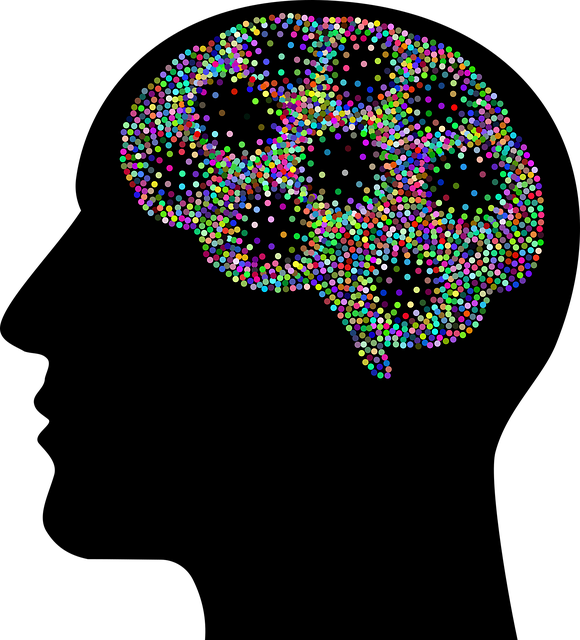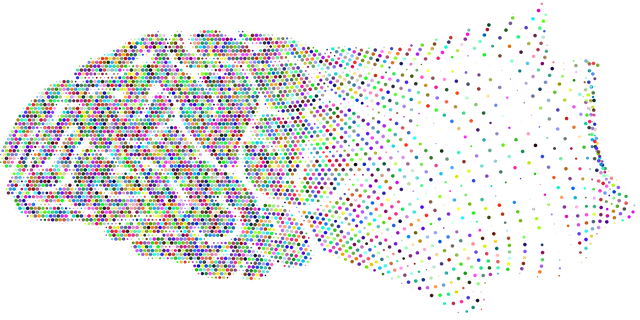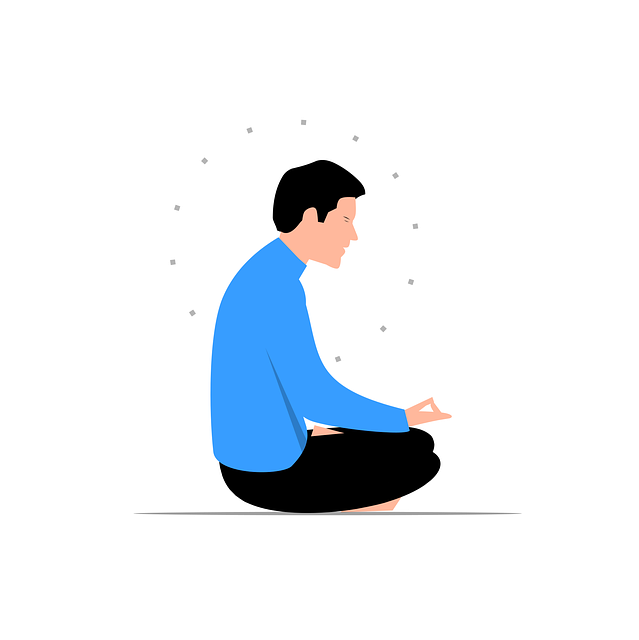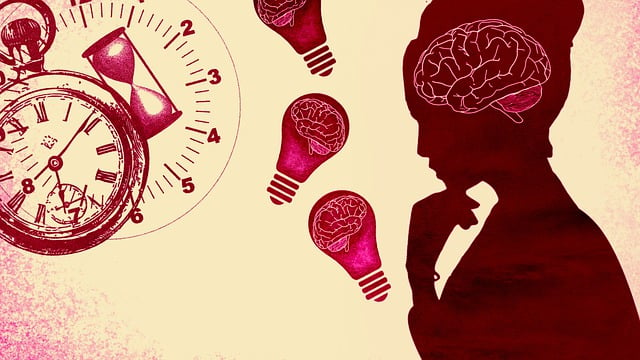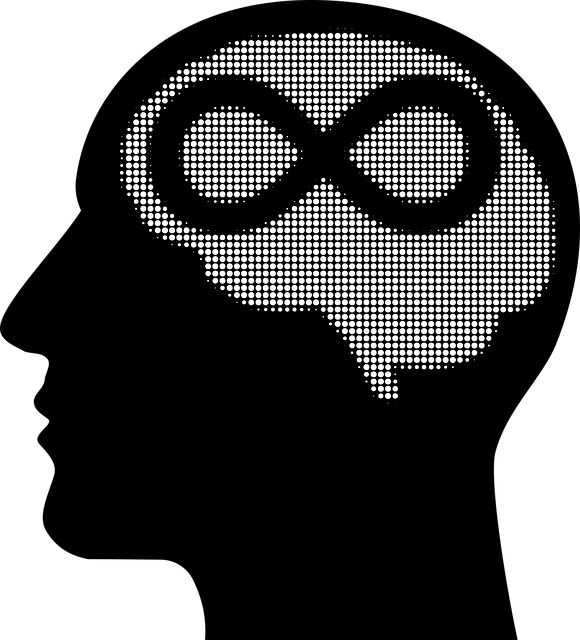Adolescent mental health is a growing concern, with conditions like anxiety, depression, and OCD on the rise. Technology offers innovative solutions, particularly through Exposure and Response Prevention (ERP) therapy, which has proven effective in treating anxiety disorders. Digital platforms facilitate ERP with interactive workshops, while community outreach apps combat social isolation. Comprehensive mental wellness apps integrate ERP, offering personalized exercises, progress tracking, and peer support groups to promote emotional well-being. Privacy, ethics, and safety are key considerations during app development, ensuring a credible and secure environment for Therapy for Adolescent Teens.
Mental wellness apps are gaining prominence as innovative solutions for adolescent mental health. With rising anxiety and depression rates among teens, technology offers a unique approach. This article explores strategies to tackle these issues, focusing on exposure and response prevention (ERP) therapy, an evidence-based practice. We’ll delve into app development considerations, from engaging design to integrating therapeutic techniques, while emphasizing the importance of privacy, ethics, and safety for teen users. Unlocking digital mental health resources can revolutionize support for adolescent teens.
- Understanding Adolescent Mental Health and the Need for Innovative Solutions
- Unlocking the Potential of Exposure and Response Prevention (ERP) Therapy
- Designing an Engaging and Therapeutic Mobile Application
- Integrating Evidence-Based Practices into App Development
- Privacy, Ethics, and Ensuring Safety in Teen Mental Wellness Apps
Understanding Adolescent Mental Health and the Need for Innovative Solutions

Adolescent mental health is a critical area that requires innovative and accessible solutions due to the unique challenges faced by young people during their formative years. The rapid evolution of technology offers a promising avenue for addressing these issues, especially with regard to mental wellness. In today’s digital age, there is a growing recognition of the impact of mental health disorders on teens, with conditions such as anxiety, depression, and OCD becoming more prevalent. These disorders can significantly affect their ability to thrive academically, socially, and emotionally.
One effective therapeutic approach gaining traction in this context is Exposure and Response Prevention (ERP), which has shown promising results in treating various anxiety-related disorders. ERP therapy encourages individuals to gradually expose themselves to feared situations or objects while learning new coping strategies. In the case of adolescent teens, digital platforms can facilitate this process by providing interactive and engaging environments for stress management workshops and one-on-one therapy sessions. Additionally, community outreach program implementations through apps can foster a sense of belonging and support, addressing social isolation often associated with mental health struggles.
Unlocking the Potential of Exposure and Response Prevention (ERP) Therapy

Exposure and Response Prevention (ERP) Therapy has emerged as a powerful tool for treating anxiety disorders in adolescent teens. By gradually exposing individuals to feared situations or objects and preventing them from engaging in habitual avoidance behaviors or safety responses, ERP helps rewire neural pathways related to fear and anxiety. This innovative therapy is tailored to address the unique emotional challenges faced by teens, fostering their emotional intelligence and resilience.
The integration of ERP within a comprehensive mental wellness app can significantly enhance accessibility and convenience for adolescents seeking support. By leveraging technology, these apps can guide users through personalized exposure exercises, track progress, and provide immediate feedback. Additionally, community outreach program implementation featuring peer support groups and educational resources further promotes emotional well-being promotion techniques among teens, fostering a sense of belonging and empowerment in managing their mental health effectively.
Designing an Engaging and Therapeutic Mobile Application

Designing an engaging and therapeutic mobile application for mental wellness is a delicate balance between user experience and evidence-based practices. Apps targeting adolescent teens, such as those promoting Exposure and Response Prevention (ERP) therapy, should be developed with age-appropriate features that encourage regular use. Interactive elements, gamification techniques, and personalized feedback mechanisms can foster engagement while delivering therapeutic content effectively.
Incorporating strategies from Public Awareness Campaigns Development, Stress Management Workshops Organization, and Mental Wellness Journaling Exercise Guidance can enhance the app’s overall impact. For instance, providing guided journaling prompts tailored to specific mental health topics or offering stress management exercises accessible offline ensures users have tools to support their wellness even without constant app usage. By combining these elements, developers can create a comprehensive platform that not only captivates teens but also empowers them with practical coping mechanisms for improved mental health.
Integrating Evidence-Based Practices into App Development

In the realm of mental wellness app development, integrating evidence-based practices is paramount to ensuring efficacy and user trust. For instance, incorporating therapy techniques such as Exposure and Response Prevention (ERP) has proven effective in treating anxiety disorders among adolescent teens. By simulating controlled exposure to fear-inducing scenarios within a digital platform, apps can help users gradually confront and manage their anxieties. This approach, backed by clinical research, not only offers convenience but also fosters consistent practice, leading to improved emotional well-being.
Moreover, app developers should consider integrating empathy-building strategies and confidence-boosting exercises alongside these evidence-based practices. Techniques that encourage self-reflection, mindfulness, and positive affirmations can further enhance the user experience, tailoring mental wellness support to individual needs. Such personalized approaches contribute to the overall promotion of emotional well-being, making digital tools valuable assets in the pursuit of a healthy mind.
Privacy, Ethics, and Ensuring Safety in Teen Mental Wellness Apps

In the realm of developing mental wellness apps tailored for teen users, privacy, ethics, and safety stand as paramount considerations. As therapy for adolescent teens continues to evolve with digital tools, ensuring secure environments is crucial. Teens must feel comfortable sharing their thoughts and emotions without fear of data breaches or unauthorized access. The design of these apps should incorporate robust security measures to protect sensitive information, especially in the context of Exposure and Response Prevention (ERP) techniques, which involve gradual exposure to distressing stimuli coupled with response prevention strategies to reduce anxiety.
Beyond privacy, ethical considerations demand transparent practices in app development. Developers must be explicit about data collection methods and usage, ensuring informed consent from users. This is particularly important when integrating Mental Health Education Programs within the app ecosystem, as promoting Anxiety Relief and Stress Reduction Methods requires trust between the platform and its young users. Adhering to strict privacy laws and ethical guidelines not only safeguards teen users but also strengthens the credibility of mental wellness apps in the digital space.
The development of mental wellness apps offers a promising approach to address the unique challenges faced by adolescent teens. By integrating evidence-based practices, such as Exposure and Response Prevention (ERP) therapy, these applications can provide accessible and engaging therapeutic solutions. As we navigate the digital landscape, it’s crucial to prioritize privacy, ethics, and safety while fostering innovative tools that support teen mental health. With careful design and a focus on user engagement, mental wellness apps have the potential to revolutionize access to care and improve the lives of young individuals.

